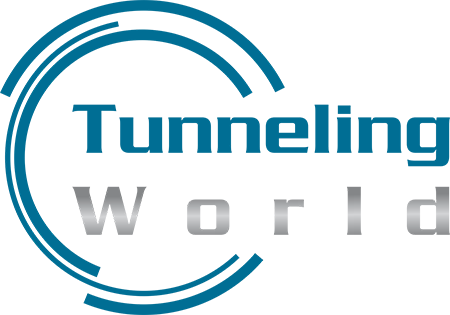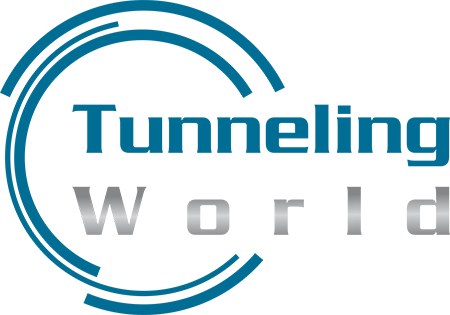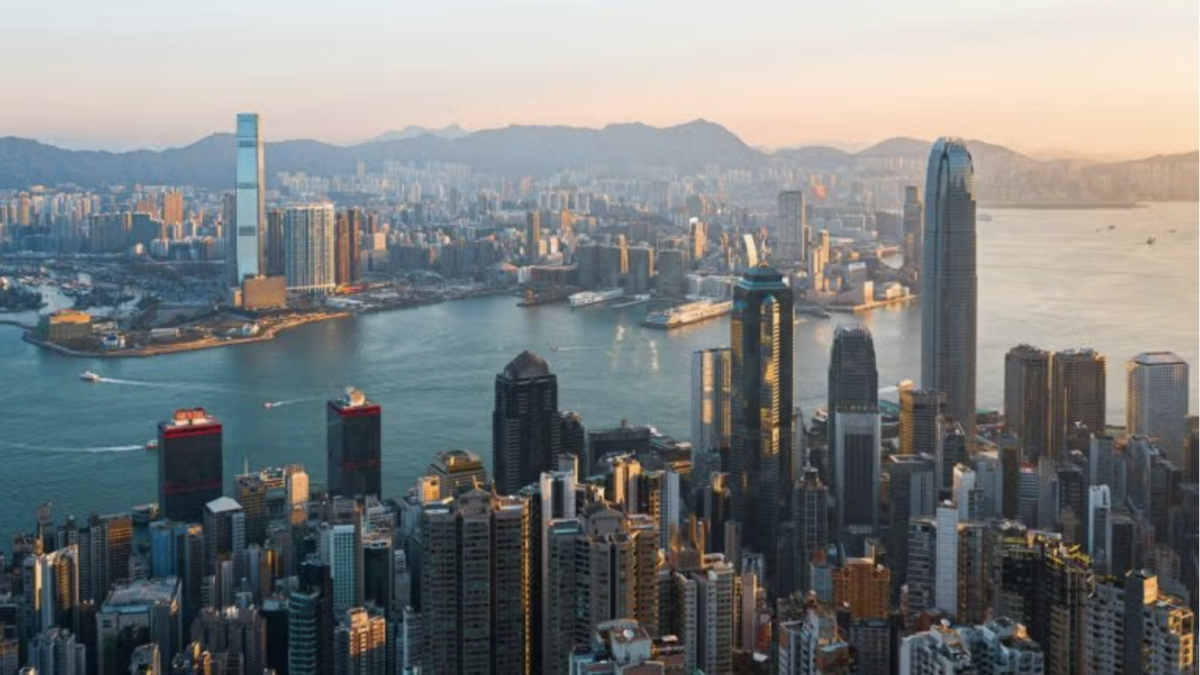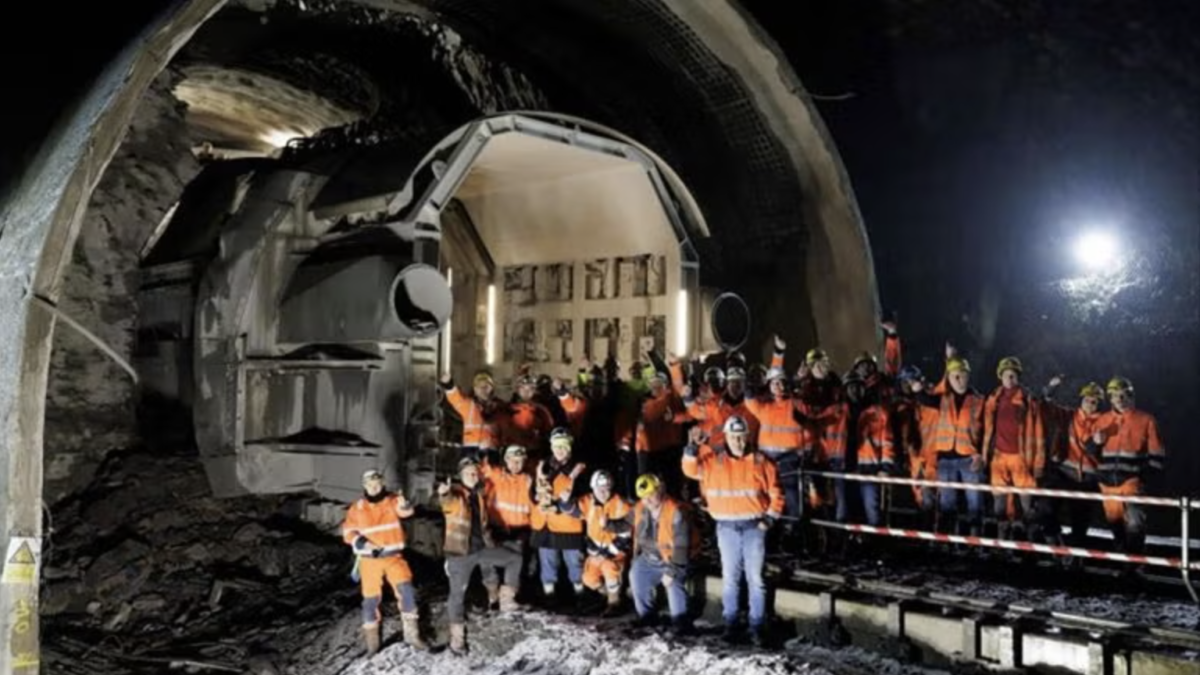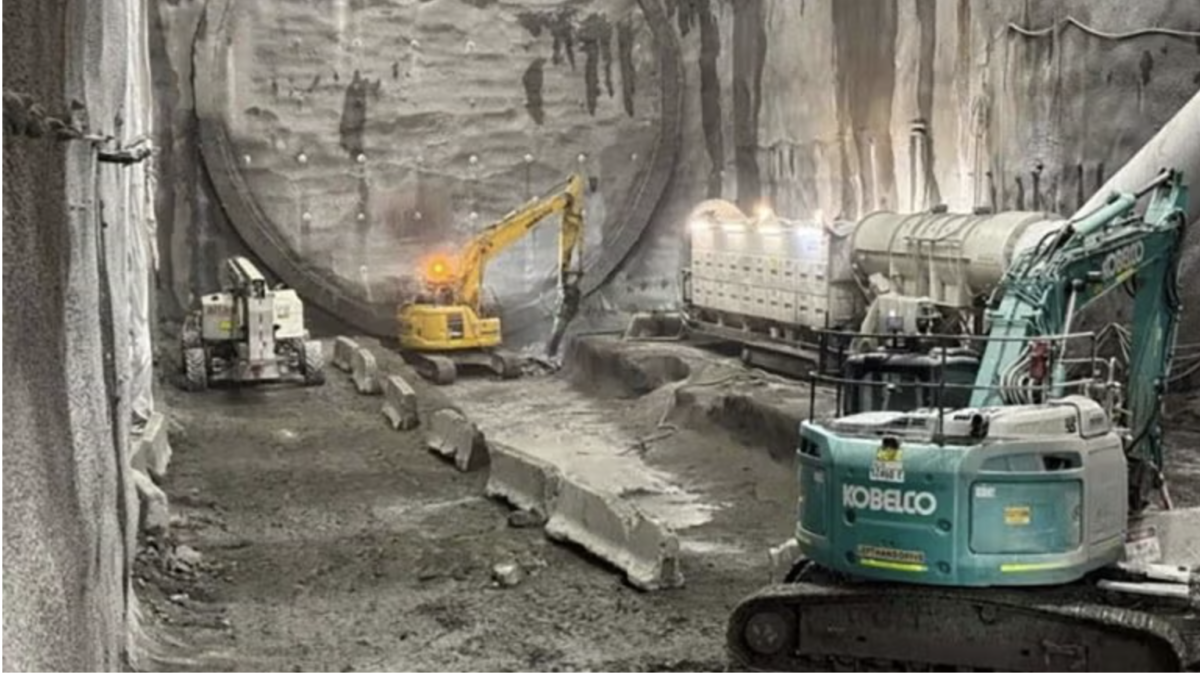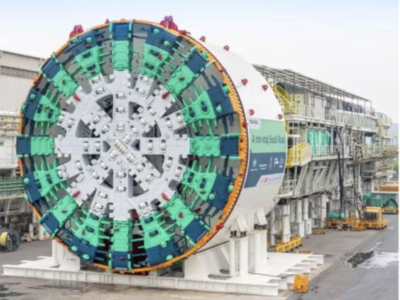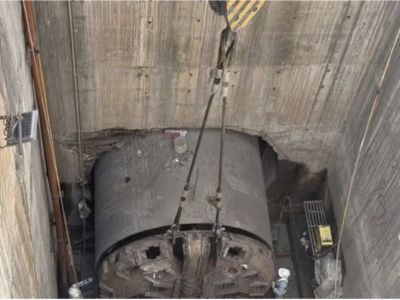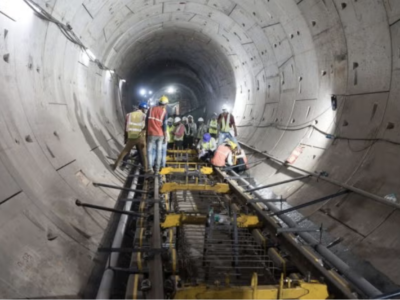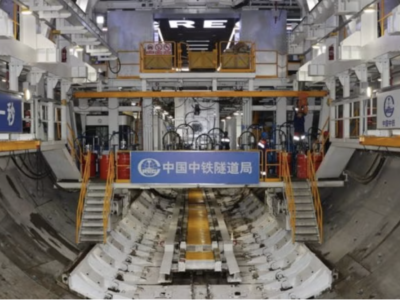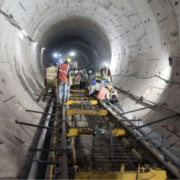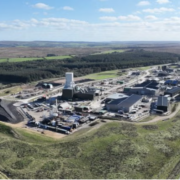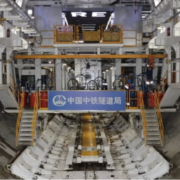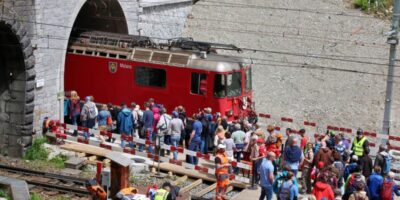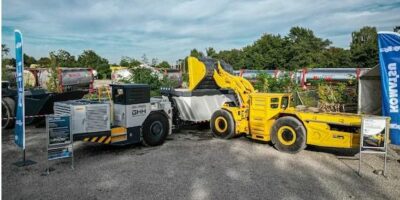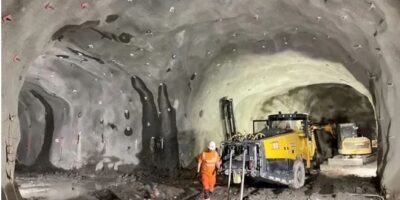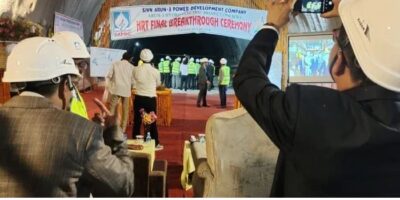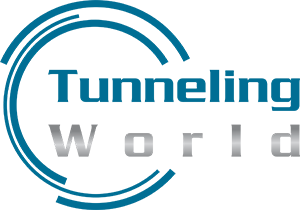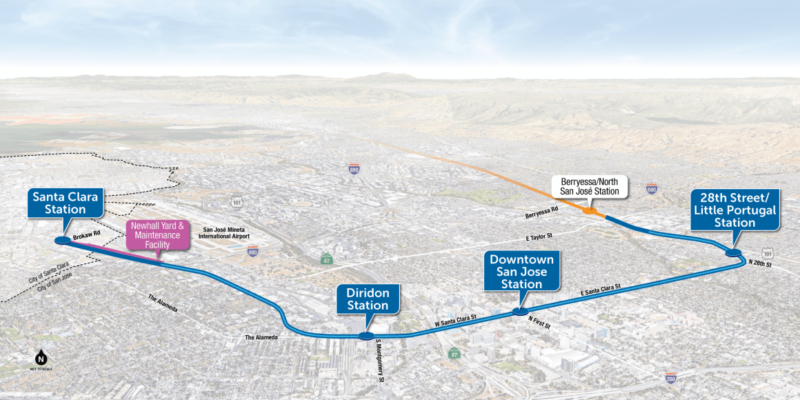
At the Board of Directors meeting on October 20, 2023, VTA revealed the updated cost and plan for VTA’s Phase II Project. These changes reflect the Project’s design progress, additional funds for risk and contingencies, and market conditions since the latest cost estimate was generated pre-COVID.
VTA has been working over the past 20 years to deliver the BART extension to Santa Clara County. It built and opened Phase I, a 16.09 km (10-mile), two-station extension in 2020, and will soon begin construction on Phase II, an extra 9.66 km (6-mile), 4-station extension, via downtown San Jose and into Santa Clara.
The new estimated project cost and schedule for VTA’s BART Phase II Extension Project is said to be EUR11.52 bn (USD12.2 bn), with passenger service expected in 2036.
During the Workshop held on October 20, 2023, the Board delivered details of what precisely has contributed to these new projections for VTA’s BART Phase II Project. It also declared the establishment of an Ad Hoc Committee to investigate additional ways to deliver the BART Phase II project as efficiently and expediently as possible.
Once a project’s primary elements (e.g., station locations, alignment, mode, etc.) are determined, an early cost estimate is generated. Since the project’s planning, design, and engineering are submitted and refined, the baseline cost estimate becomes more reliable and accurate. Moreover, significant infrastructure project budgets comprise extra funds for certain risk levels (unpredictable possibilities or difficult site conditions) plus expected and unexpected circumstances – also known as risks and contingencies.
National trends and market conditions contributing to the higher costs comprise Labor, Material and Equipment Escalation, Increasing Interest Rates, Resource Limitations, Supply-Chain Challenges, Lack of Competition, the Current Contracting Environment, and the Pandemic Effect.
This calculation also reflects the considerable advancement the project has made over the last two years, comprising the advanced design, award of the tunnel and trackwork contract, and contractor-proposed design innovations.
Some of these progresses incorporate Shifting to a more considerable diameter tunnel that can house side-by-side tracks with a single center platform, which enhances the passenger experience at each of the three underground stations; Eliminating the Mid-Tunnel Facilities; Reconfiguration the 28th Street/Little Portugal BART Station; Refinements to the Downtown San José BART Station design to enhance passenger experience via simplified access and circulation; Accommodations for future entrances at Downtown San José and Diridon BART Stations.
New Schedule
The modified plan reflects new dates to bring on contractors to finish construction, more time to test the system before revenue service, longer construction duration, and contingencies at pivotal project milestones based on lessons learned and the regulatory environment. Early construction activities are yet scheduled to begin in each station area in 2024, with specific months still to be decided.
Controlling Costs
Nevertheless, VTA is set to finance the $12.2 billion project with the budget arriving from the Federal Transit Administration (FTA) New Starts Program and a mix of state, regional, and local funds.
As an overseer of public funds, VTA is taking multiple measures to control project costs as design and construction progresses. Recent value engineering efforts are being performed and are estimated to produce savings for the project while not compromising service or the passenger experience.
In addition, VTA is refining the Project’s contract delivery strategy, turning away from the Design-Build model towards the more traditional Design-Bid-Build model for the remaining contracts to build VTA’s BART Phase II Project.
It will continue to monitor project costs closely and use more flexible contract packaging to mitigate design and construction risks in addition to fluctuations in market conditions.
Further information is available here.
